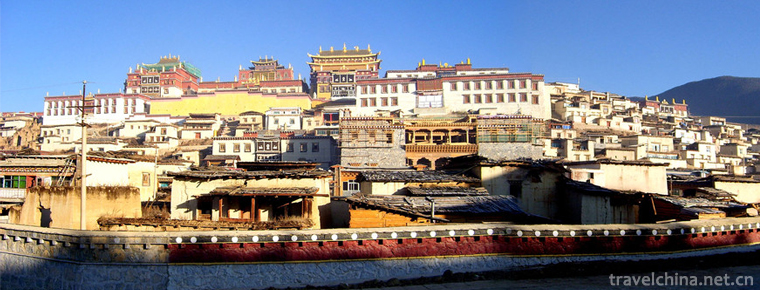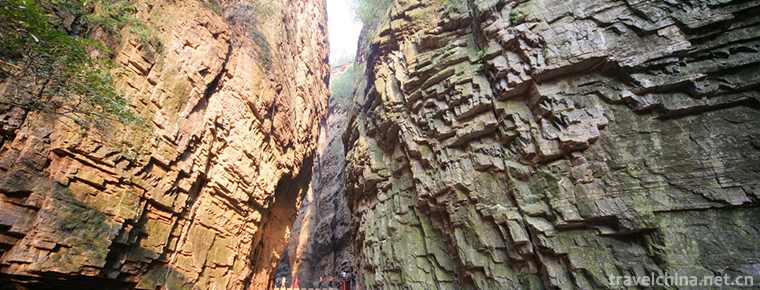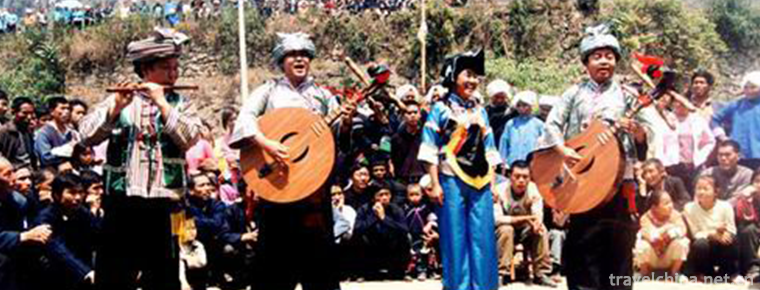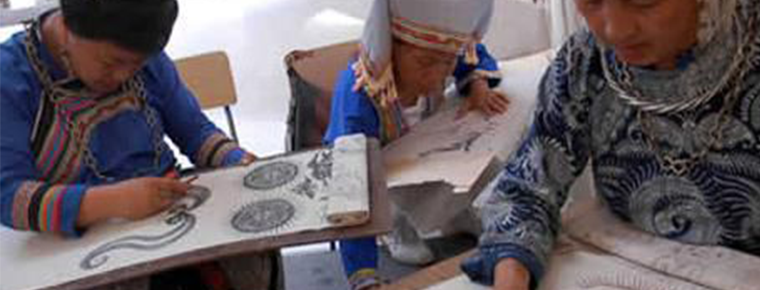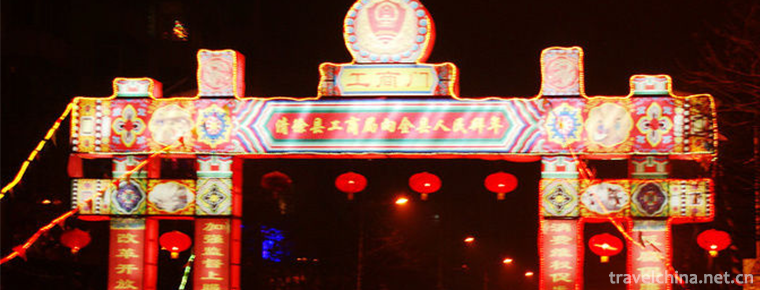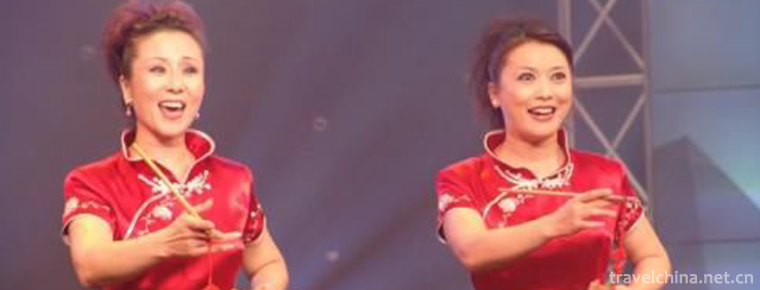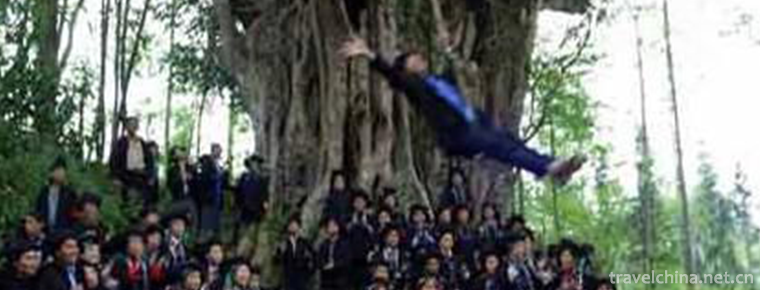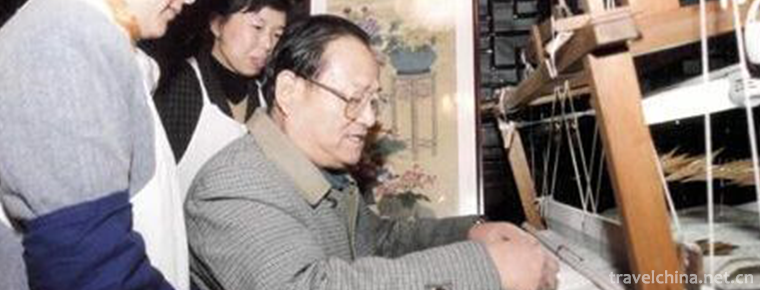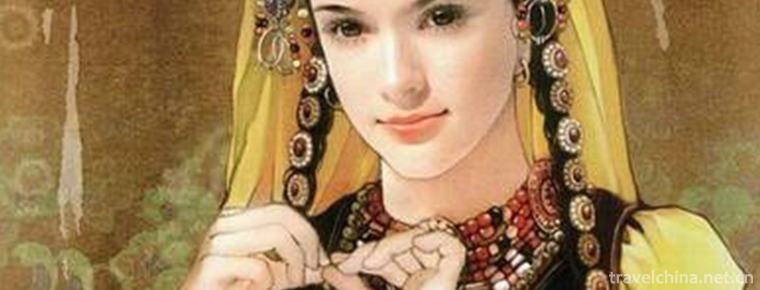Huai Bang
Huai Bang
Huai Bang (also known as Huai Diao, commonly known as Huai Qing Bangzi, Lao Huai Bang, Xiao Bang Opera and Xiao Ban Opera), is one of the traditional local operas in Henan Province and one of the national intangible cultural heritage.
Huaiba's predecessor was a sea god drama evolved from the surround table rap and pray for rain, which was formed in Hongwu and Yongle years of Ming Dynasty. Most of the inhabitants of Hanoi County moved from Hongdong area of Shanxi Province, so Haishen Opera maintained the performance form of Shanxi Opera, combined with Hanoi's local customs and dialects and local dialects, gradually formed a kind of vocal opera which was close to Bangzi of Shanxi Middle Road and had the characteristics of Huaiqing Mansion. Its repertoire, aria, pronunciation and music all had strong local color.
On May 20, 2006, Huaiba was approved by the State Council of the People's Republic of China to be included in the first batch of national intangible cultural heritage lists, the heritage number IV-25.
historical origin
origin
During Jin Tiande's reign (1149-1153), the "stories of social fire" such as "bamboo horses", "dry boats" and "dragon lanterns" were popular in Huaiqing prefecture. The minors of miscellaneous tunes such as "cut flowers", "pick flowers basket" and "wind swing willows" were already sung among the people. It can be said that "the story of social fire" and miscellaneous tunes, as well as the subsequent "sea God drama" laid a certain foundation for the formation of Huaibang. In the Ming Dynasty, Zhu Zai, the master of the world's music, absorbed the essence of folk music, expounded the twelve average rule in scientific way, and promoted the development of folk music art. At that time, the popular "ring class" and "golden drum club" were created by Zhu Zai. Later folk artists gradually moved the folk tunes and legends to the stage of the opera, and were influenced by Yiyang dialect, Kunshan dialect and ballads. With the influence of Bangzi Opera and the continuous reform and innovation in the long-term artistic practice, Huaibang Opera, a Bangzi Opera, has gradually formed in the system of Bangzi Opera.
Development
After the founding of New China, under the guidance of the Party's literary and artistic policy of "letting a hundred flowers blossom, weeding out the old and bringing forth the new", the amateur Huaibang Opera Troupe in the ancient Huaiqing prefecture has sprung up rapidly. In 1950, 26 theatre troupes were restored in Wuzhu County, and in 1958, 66 troupes were developed. In 1953, there were 32 opera troupes in Qinyang County at that time. At the beginning of 1955, the government of Qinyang County established the Huaibang Opera Troupe, which grew to more than 100 in 1957. In order to further support and develop Huaibang, Xiuwu County established the Huaibang Opera Troupe in 1958 (later abolished).
After 1960, because of the communication and influence of art, especially the influence of Henan Opera, Huai Bang absorbed the artistic characteristics of other operas too much in the reform, and lost the characteristics of the opera, such as the sharp strings (big strings) of Huai Bang were removed.
After the "Cultural Revolution", although Huaibang opera has recovered, the audience has also decreased since the business personnel were in a state of indifference after more than ten years of dynasties. Except for the Huaibang Opera Troupe in Qinyang County, the rural amateur theatre troupe only performs at the New Year's Day.
Representative repertoire
As of 2015, Huaibang has more than 300 traditional operas, most of which have no scripts, and all of them are handed down by the old artists. Representational plays include "Anti-Xijing", "Ancient Huai Case", "Zhang Chun Drunken", "Changing Old and Young", "Red Pearl Girl", "Catching up with Qin San", "Yuanmen Chopper", "Nine Heads Case", "Peach Blossom Ancestral", "Fengyi Pavilion", "Lao Zhengdong" and "Five Girls Baishou".
Distribution area Huaiba is mainly popular in Qinyang, Humanity, Jiyuan, Mengzhou, Wenxian, Wuzhi, Xiuwu, Yuanyang, Huojia, Jiaozuo and Xinxiang of Henan Province.
Inheritance and protection
Inheritance value
Huai Bang's artistic form is unique, so strengthening the excavation, rescue and protection of Huai Bang's operas plays an important role in promoting national culture, strengthening the study of the system of Chinese Bangzi's voice operas, and enriching and perfecting the history of Chinese drama.
Inheritance status
Huaiba's social foundation for survival and development has undergone changes. Serious phenomena such as downturn in the performance market and job-hopping of actors have emerged. The whole drama is facing a situation of lack of successors. Measures need to be taken to rescue and protect it as soon as possible.
Inheriting characters
Zhao Yuqing, female, Han nationality, born in October 1940, is from Qinyang, Henan Province. He is a performer of Huaibang Association in Qinyang, Henan Province. He is the representative successor of the second batch of national intangible cultural heritage projects of Huaibang.
Guo Quanren, male, Han nationality, born in February 1941 in Qinyang, Henan Province, is a national second-class performer and a representative successor of the second batch of national intangible cultural heritage projects in Huaiban.
protective measures
In 2000, the government of Qinyang City established Zhuzai Moisture Moisture Moisture Art School.
Guo Quanren's works, such as Selected Huaiba Singing Opera 1990 edition, Huaiba Art 1993 edition and Huaiba Forum Collection 1994 edition, provide a rich cultural basis for the protection and inheritance of Huaiba.
social influence
Important activities
In 1956, the Huaibang Opera Troupe of Qinyang County participated in the first Henan Opera Visiting and Performing Conference.
In 1982, Xinxiang Regional Culture Bureau held a symposium on Huaiba Singing Music in Qinyang County.
In 2005 and 2006, Jiaozuo Municipal Culture Bureau and Qinyang Municipal People's Government held three "Shennong Cup" Huaibang Opera Competitions successively.
Honorary commendation
In 1992, the Huaiba Opera Troupe of Qinyang City was named "the first troupe in the world" by the Ministry of Culture.
In 2004 and 2005, Huaibang Opera Troupe of Qinyang City won seven gold medals of "Henan Province's Rare Folk Art Opera Performance".
In 2006, Modern Huaibao Opera "Wang Dongming" was selected as the "Five One" Project Award of Henan Province.

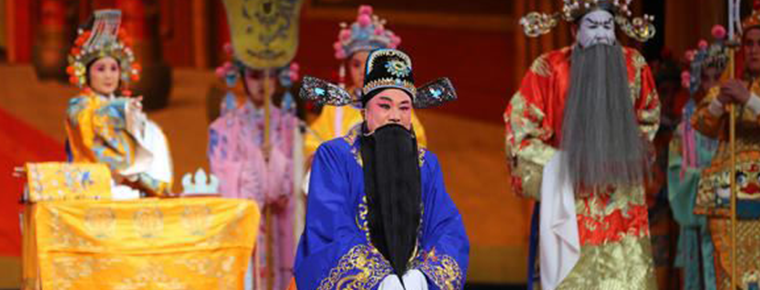
Huai Bang
-
Naturalization TempleSongdan Songzanlin Temple
Kardan Songzanlin Temple is the largest Tibetan Buddhist monastery in Yunnan Province
Views: 166 Time 2018-10-20 -
Longtan Grand Canyon Scenic Area
Longtan Grand Canyon Scenic Area is the core scenic area of national AAAAA level scenic area, National Geological Park and Daimeishan World Geological Park. It is a Canyon Scenic
Views: 129 Time 2019-02-06 -
Buyi Folk Songs
Bouyei folk songs have special features, such as ancient songs, narrative songs, love songs, wine songs and labor songs; solo, duet, chorus and duet in form; tunes are divided into major and minor. Ev
Views: 157 Time 2019-04-04 -
Batik art
Miao batik technology, the traditional handicraft of Danzhai County, Guizhou Province, is one of the national intangible cultural heritage.
Views: 129 Time 2019-05-10 -
Qingxu Caimen Building
Qingxu Caimen Tower is a local traditional handicraft in Qingxu County, Shanxi Province. Xu Caimen Tower in Qing Dynasty is said to have originated in Tang Dynasty. During the festival, people gathere
Views: 162 Time 2019-06-11 -
Shandong drum
In addition to the book drum, the musical instruments of Shandong drum were initially beaten with two pieces of plough and plough, and then two pieces of iron and copper were used, accompanied by thre
Views: 163 Time 2019-06-13 -
Four Seasons Production Adjustment
Four seasons production tune includes five units: introduction, winter, spring, summer and autumn. The introduction emphasizes the significance of the four-season production tune inherited by the ance
Views: 288 Time 2019-06-16 -
Silk weaving skills in Suzhou
Tilting, also known as carving, is an ancient and unique traditional weaving process in China. It mainly exists in Suzhou and its surrounding areas. Since the Southern Song Dynasty, Suzhou silk has be
Views: 362 Time 2019-06-17 -
Tajik costumes
Tajik costume refers to the costume with distinct ethnic characteristics of Tajik. Tajik people mainly live in the Pamir Plateau with cold climate. Their economic life is mainly animal husbandry and a
Views: 346 Time 2019-06-17 -
Chengdu Technological University
Chengdu Institute of Technology is a public full-time general undergraduate school organized by the People's Government of Sichuan Province. Founded in 1913, the school is the first industrial school
Views: 310 Time 2019-08-31 -
Overview of Guangyuan
In 2019, the GDP of Guangyuan will reach 94.185 billion yuan, an increase of 7.5% over the previous year, which is the same as that of the whole province. Among them, the added value of the primary industry was 15.301 billion yuan, an increase
Views: 372 Time 2020-12-15 -
History of Nanchong
In the Northern Song Dynasty (960-1127), there were three states in the territory, which governed 13 counties, such as Nanchong (prefecture), Xichong and Xiangru, which were subordinate to Chengdu Fulu.
Views: 186 Time 2020-12-17
